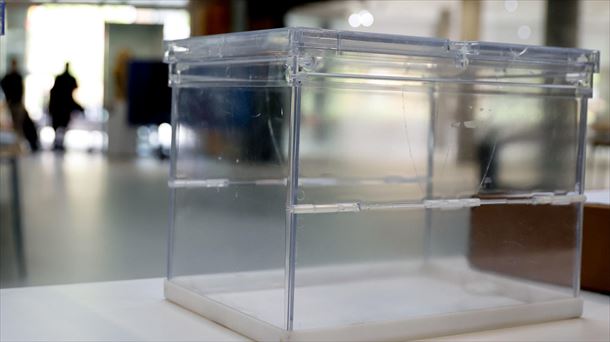After the health reform was initiated by the government on Wednesday morning, the medical association was satisfied with the outcome. This is “good” and “usable”.
However, the doctor representatives also indicated that there is “still a need for discussion”, for example about the medical job plans. Criticism came from the ÖGK: a uniform total contract and uniform services had been “postponed until the next day”.
The pact is intended to prevent the most serious undesirable developments
“From the moment we became involved, the discussions with politicians took place in a constructive and purposeful atmosphere,” Johannes Steinhart, president of the Medical Association, said on Wednesday. All involved have worked together to create a package “that will prevent the most serious undesirable developments”, so “measures against social partnership” in healthcare and the prescription of active ingredients (instead of certain drugs) have been removed from the package . . Due to the outcome of the negotiations, termination of the entire contract is off the table, explains Edgar Wutscher, vice president of the Medical Association and chairman of the Federal Curia for local doctors.
Of course, Steinhart sees that discussion is still needed on some points. As a result of the reform, doctors’ representatives could no longer exercise a veto, meaning they will no longer be able to block staffing plans and the creation of new outpatient clinics in the future. Harald Mayer, vice-president of the Medical Association and chairman of the Federal Curia for employed doctors, also lacks a “binding, objective and functioning control of patient flows” to reduce the burden on hospitals.
Major points of contention resolved
One major “improvement” highlighted was that there was no longer an end date for the completion of the national uniform blanket contract. “This means that the threat of freezing contracts from 2026 is off the table without any agreement and that we can negotiate here on an equal footing,” said Wutscher. The conclusion of individual contracts when terminating the overall contract was also taken off the table and the social partnership was therefore retained.
This is of course a thorn in the side of the Austrian Health Insurance Fund (ÖGK): “The health care reform has unfortunately been a success, under pressure from the Medical Association, the conclusion of the Austrian general contract and the uniform services were postponed until St. Nicholas Day ,” said ÖGK chairman Andreas Huss. “This is to ensure that the nine state medical associations have bargaining sovereignty with nine different outcomes.”
For Huss, the “prioritization” in the distribution of the additional financial resources from the financial equalization is also “questionable”. An additional amount of 600 million euros was decided for the hospitals, “only 300 million euros per year will be allocated to the main goal of expanding outpatient care,” criticized Huss – “that is not enough to provide adequate care expand.” For example, it was positively emphasized that elective physicians will have to use the eCard system, the e-prescription and ELGA in the future.
Source: Krone
I am Ida Scott, a journalist and content author with a passion for uncovering the truth. I have been writing professionally for Today Times Live since 2020 and specialize in political news. My career began when I was just 17; I had already developed a knack for research and an eye for detail which made me stand out from my peers.



